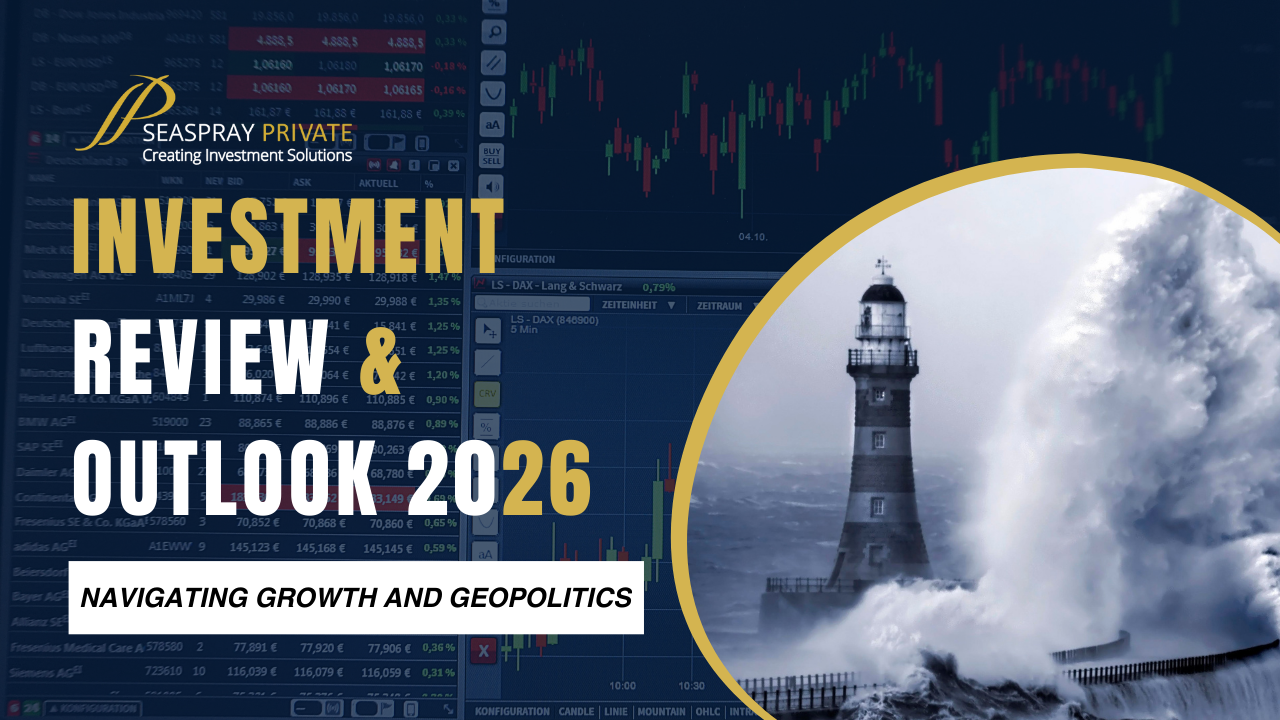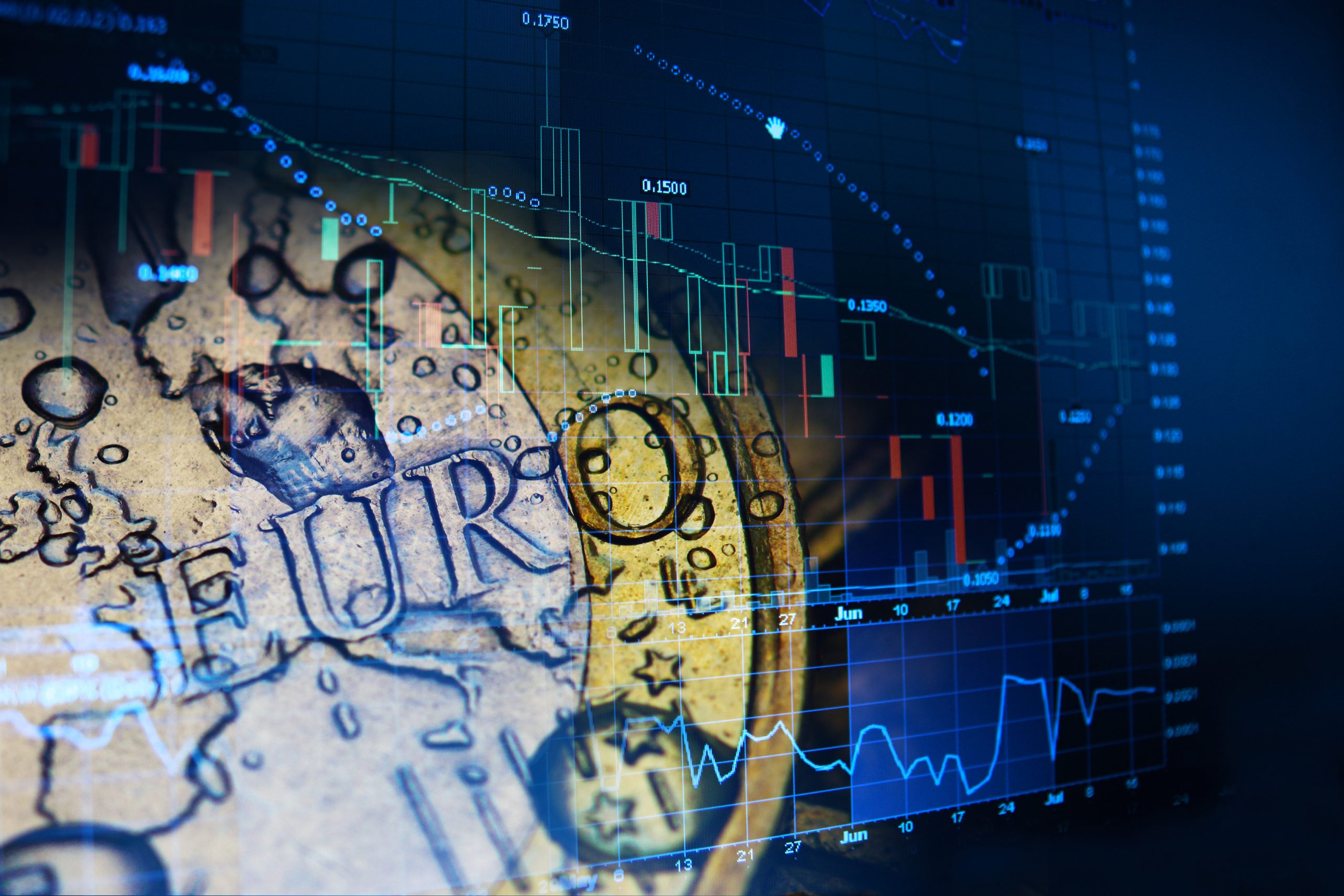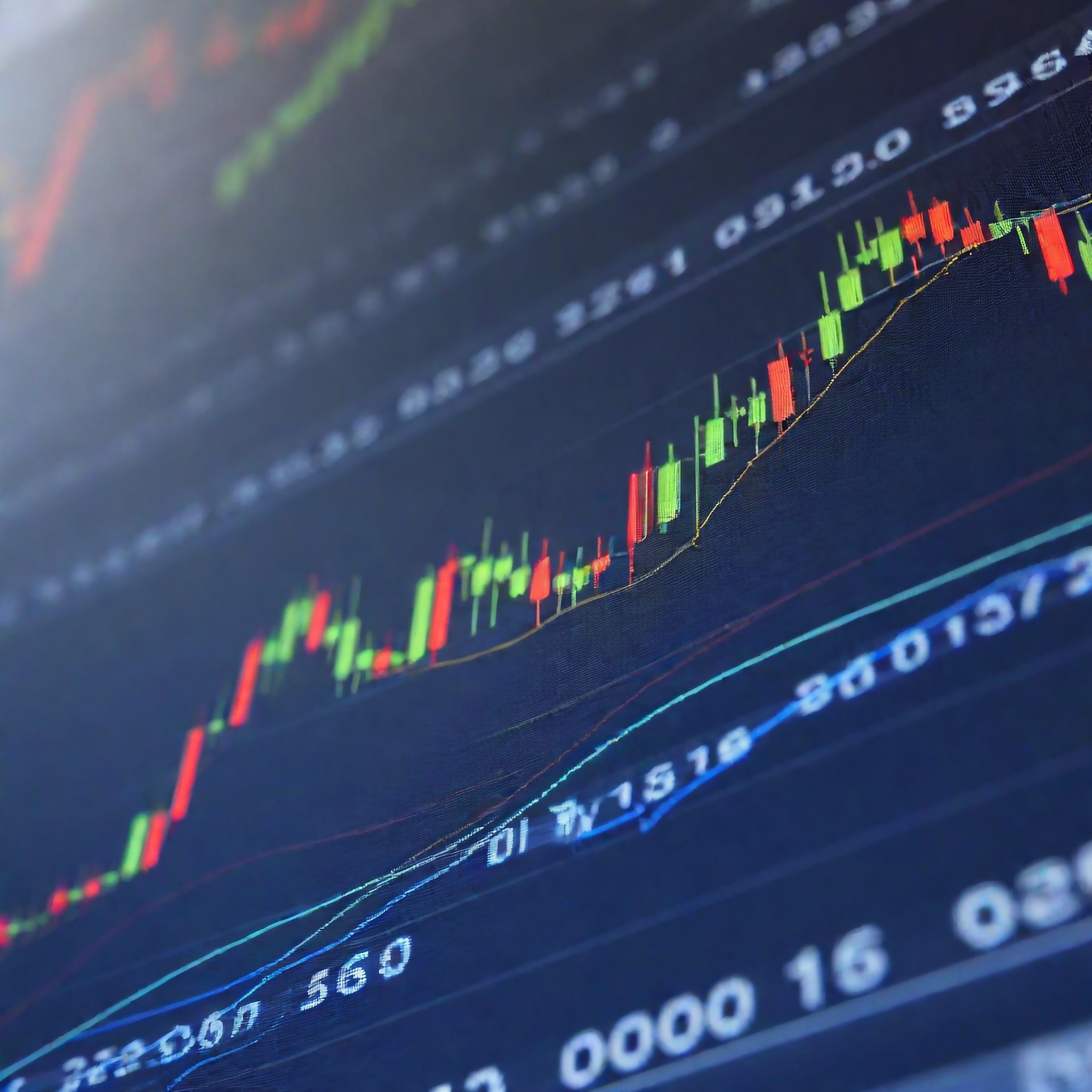In the United States, despite the government shutdown entering its second week, US markets continued their bull run, spurred by developments in the artificial intelligence (AI) sector. However, the bull run was abruptly halted on Friday afternoon, after President Trump threatened extra tariffs of 100% on China in retaliation for export controls announced by Beijing earlier in the week. The controls mean foreign companies would have to obtain export licenses to export products containing even small amounts of rare earth minerals. In domestic affairs, NVIDIA announced it had committed $2 billion to xAI, the startup founded by Elon Musk, as part of a wider $20 billion fundraising round. Meanwhile, OpenAI, xAI’s main rival and the world’s largest private company, agreed a deal with AMD that will see OpenAI purchase billions of dollars’ worth of chips and could result in the company taking a 10% stake in the chipmaker. In effect, this means that NVIDIA, a key competitor to AMD, could indirectly own a portion of the company through its own potential holdings in OpenAI — further highlighting the circular nature of the high-end AI ecosystem. OpenAI’s agreement with AMD brings the total value of its 2025 deals to nearly $1 trillion, all focused on securing computing power to run its AI models. One gigawatt of AI computing capacity — the scale required to operate services such as ChatGPT — costs roughly $50 billion to deploy. So far in 2025, OpenAI has signed agreements equating to 20 gigawatts of capacity, roughly equivalent to the output of 20 nuclear reactors. Concerning the power generation sector, US energy companies plan to invest nearly $50 billion in new natural gas pipelines over the next five years to meet growing energy demand. More than 8,800 miles of pipeline are under construction or in planning — a distance greater than travelling from the southern tip of Portugal to the northern tip of Norway and back again. However, the future will not rely solely on gas. According to the International Energy Agency (IEA) in its Renewables 2025 report published last week, global renewable electricity capacity is expected to double between 2025 and 2030, even though the organisation has downgraded its outlook for US renewable expansion. The IEA estimates that US capacity growth will shrink by almost 50% by 2030, though the overall outlook for renewables remains positive. Continuing with renewables, Brookfield Asset Management has raised $20 billion for one of the world’s largest private equity funds focused on the energy transition. The firm has already committed over $6 billion to clean energy investments, including the acquisition of Neoen, the French-based renewables and battery provider. In mergers and acquisitions, the parent company of the New York Stock Exchange announced it will invest $2 billion in Polymarket, one of the most popular prediction market platforms, which allows users to profit by forecasting outcomes in areas such as politics, sport, and entertainment. For the week, the S&P 500 and NASDAQ both closed lower, down -2.60% and -2.73%, respectively.
In Europe, markets began last week with a two-day sell-off on Monday and Tuesday, prompted by the French political crisis in which Sébastien Lecornu announced his resignation after members of his own party threatened to withdraw support following disagreements over ministerial appointments. At the same time, the Socialist Party warned it would bring down the government unless pension reforms were suspended. President Macron then reappointed Lecornu on Friday. Markets rebounded on Wednesday, with the STOXX 600 reaching a new record high, before rapidly declining on Friday after the trade escalation between the US and China. Steelmakers across the bloc rose last week after the EU announced it would increase the out-of-quota duty on steel imports from 25% to 50%, while also reducing the amount that can be imported duty-free. The European Commission also unveiled a €1 billion plan to support the rollout of AI across the bloc. The investment forms part of the broader “Apply AI” strategy, which aims to ease regulatory burdens on startups — particularly around AI compliance requirements. For the week, the Euro Stoxx 50 and STOXX 600 both closed lower, down -1.82% and -0.97%, respectively.
In the United Kingdom, the FTSE 100 climbed to yet another all-time high last week, supported particularly by gains in the mining and precious metals sectors. With gold prices surging past $4,000, mining companies specialising in gold and other precious metals, such as silver, benefited significantly. Anglo American shares rose by more than 4.5%, while Glencore gained over 5%. For the week, the FTSE 100 closed -0.67% lower, impacted on Friday by the US-China trade dispute.






